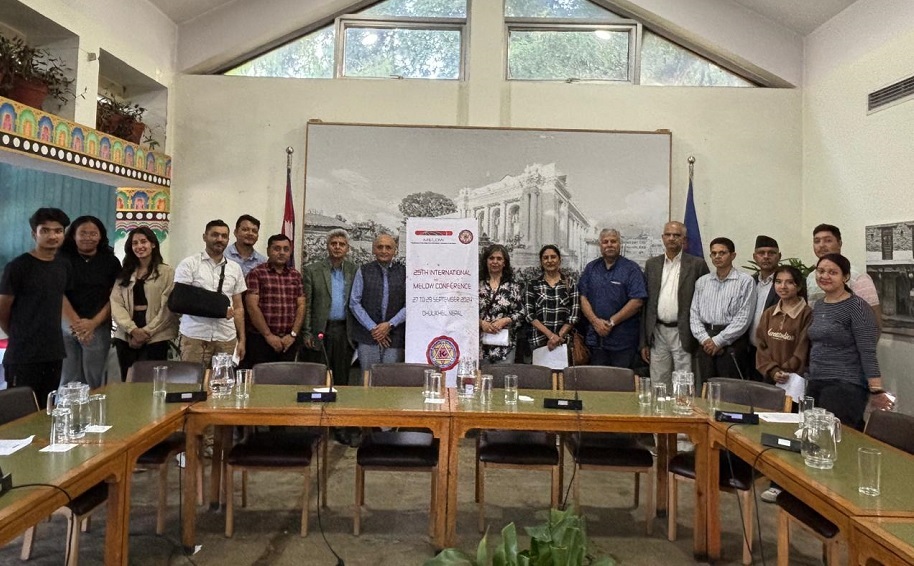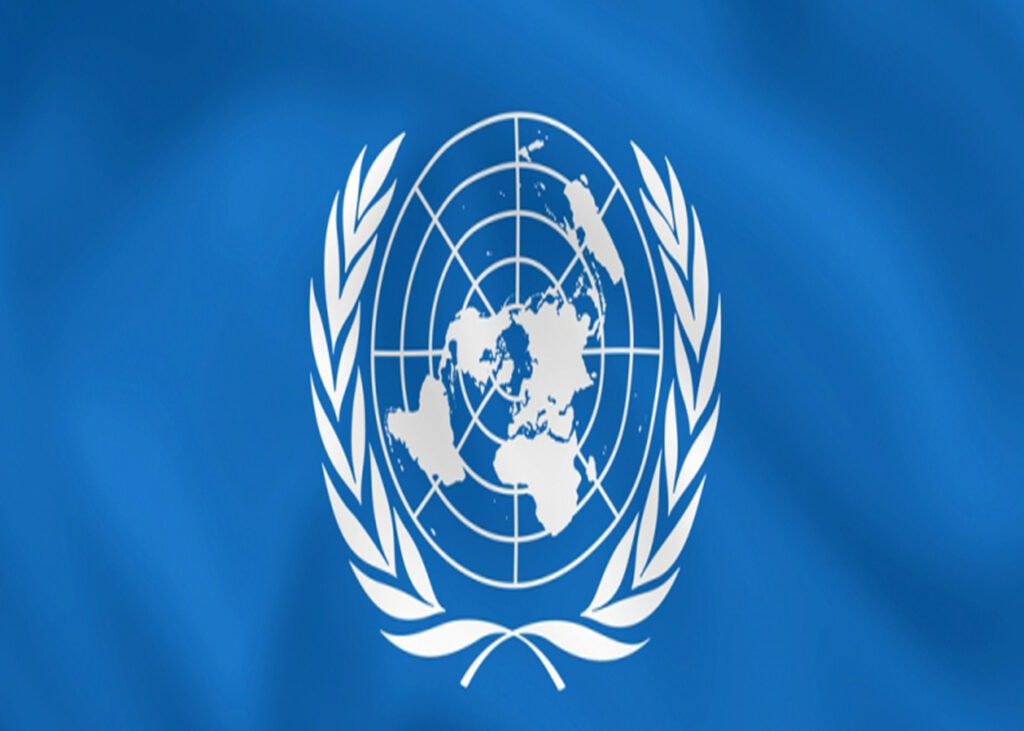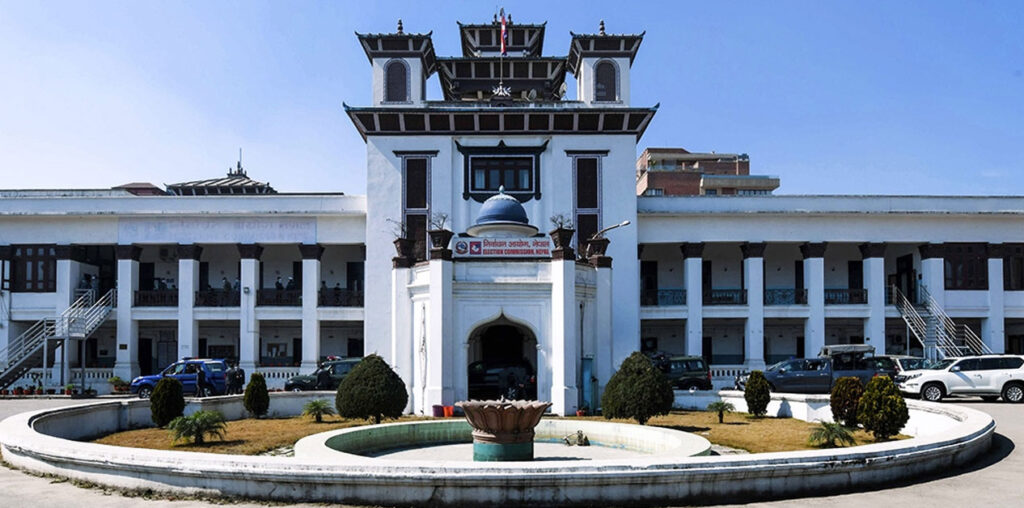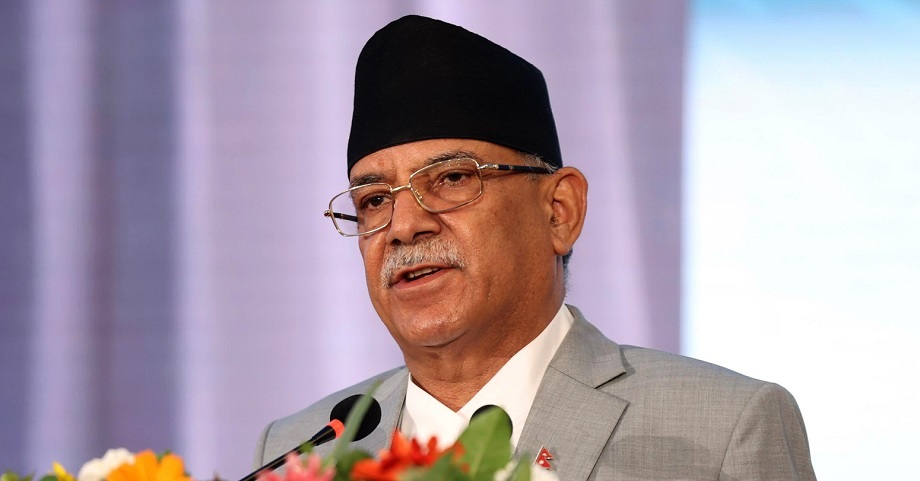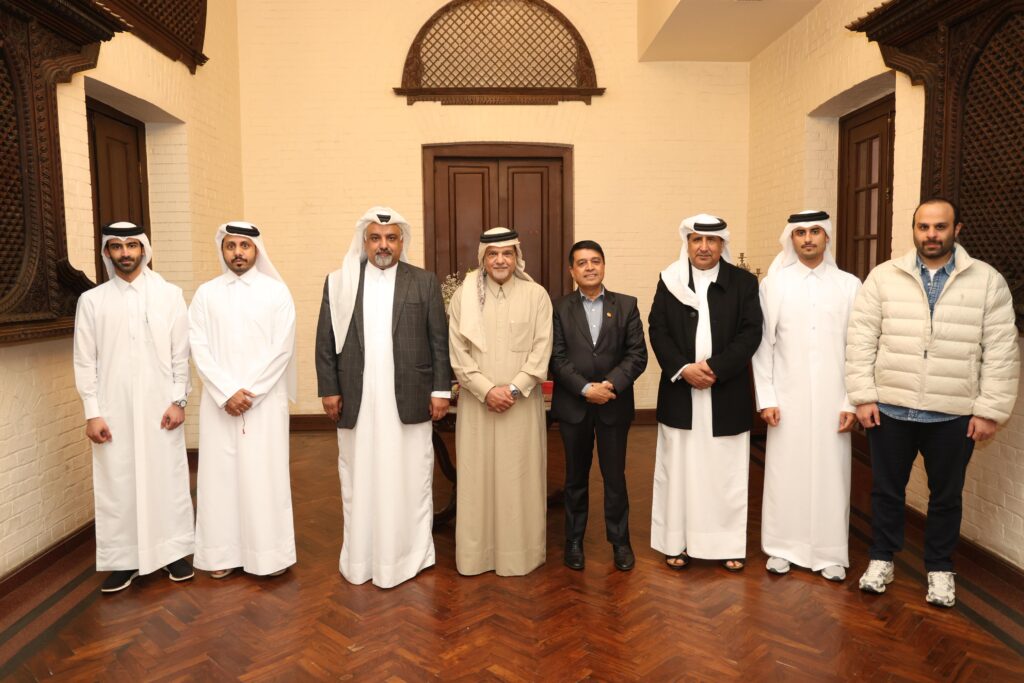Kathmandu. Kathmandu University is hosting 25th International MELOW (The Society for the Study of the Multi-Ethnic Literatures of the World) Conference in Dhulikhel from 27 to 29 September 2024. The international organization MELOW, whose members include multicultural literary researchers, authors, professors, critics, and learners from around the world, was established in 1997 with an objective of strengthening literary connections and scholarly network across the borders of time and space. Prof. Manju Jaidka, who is a distinguished academic and the President of MELOW, has already arrived Nepal with a team of scholars from India.
The conference will explore the relationship between literature and landscapes, investigating both the depiction of landscapes in literature and its role in enhancing human understanding of such settings. Around 200 delegates, including 120 international, and around 80 national delegates are participating in the conference. In total, 120 papers will be presented. Prof. Krishnan Unni from Delhi University (India), and the former Vice-Chancellor of Far-Western University (Nepal) Prof. Amma Raj Joshi will deliver keynote address. Prof. Krishna Chandra Sharma, Prof. Anand Sharma, Prof. Ram Chandra Poudel, and Prof. Jib Lal Sapkota will discuss in the panels. Kathmandu University, as the host, believes that the conference will develop and carry forward new intellectual perspectives while observing and locating relationships among humans, culture, and ecology, both in literature and real modes of living while talking about the relevance of the conference.
The conference papers will explore sub-themes such as environment, indigeneity, and spirituality; forests and fantasies; woods and wilderness; and landscapes, aesthetics, and identity. Highlighting various aspects of background as presented in literary works and folk traditions, they will also address low-lying locations like plains and possibilities; deserts and desolation; mountains, mountaineering, mystery and menace; along with water bodies such as rivers and reflections, oceans, and odyssey. The thrust of each panel will be on Literature and its relationship with Nature.
Amidst apparent ecological issues such as increasing commercialization and the growing intimacy between humans and modern technology, Kathmandu University believes that the conference will prioritize the significance of literature portraying human and nature relationships, encouraging the participants to revisit these relationships through new perspectives. Kathmandu University is confident to state that the conference will cultivate new trends and culture of intellectual queries, interactions, and argumentation by involving intellectuals in much deeper discussions toward enriching the scope of the existing ideologies and literary theories.



